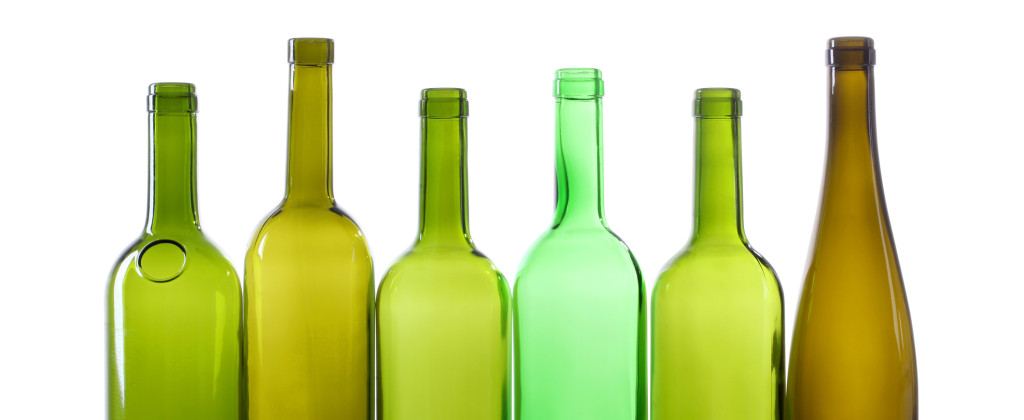When is drinking alcohol a problem? On the simplest level, Freud would say that anything interfering with one’s ability to love and work signifies that it is problematic. To explore this further, there are simple questionnaires such as the CAGE questionnaire. This contains questions such as:
1) Have you ever felt you needed to Cut down on your drinking?
2) Have people Annoyed you by criticizing your drinking?
3) Have you ever felt Guilty about drinking?
4) Have you ever felt you needed a drink first thing in the morning (Eye-opener) to steady your nerves or get rid of a hangover?
An affirmative answer to any of these questions may be an indication for a need to further explore whether drinking might be a problem. Answering positively to two or more would certainly lead one to consider talking to a professional.
To further elucidate whether drinking may be a problem, the psychiatric diagnostic manual gives these guidelines (Diagnostic and Statistical Manual-5). An alcohol use disorder is a problematic pattern of alcohol use leading to clinically significant impairment or distress, as manifested by at least two of the following, occurring within a 12-month period:
- Alcohol is often taken in larger amounts or over a longer period than was intended.
- There is a persistent desire or unsuccessful efforts to cut down or control alcohol use.
- A great deal of time is spent in activities necessary to obtain alcohol, use alcohol, or recover from its effects
- Craving, or a strong desire to use alcohol
- Recurrent alcohol use resulting in a failure to fulfill major role obligations at work, school, or home.
- Continued alcohol use despite having persistent or recurrent social or interpersonal problems caused or exacerbated by the effects of alcohol.
- Important social, occupational, or recreational activities are given up or reduced because of alcohol use.
- Recurrent alcohol use in situations in which it is physically hazardous.
- Alcohol use is continued despite knowledge of having a persistent or recurrent physical or psychological problem that is likely to have been caused or exacerbated by alcohol.
- Tolerance to the effects of alcohol
- Withdrawal when alcohol isn’t consumed.
In addition to these effects of alcohol, it can be helpful to keep in mind that the actual amount of alcohol consumed can be problematic. According to the National Institute on Alcohol Abuse and Alcoholism (NIAAA), moderate drinking is up to 1 drink per day for women and up to 2 drinks per day for men. Heavy drinking is defined as drinking 5 or more drinks on the same occasion on each of 5 or more days in a month.
These guidelines can be very helpful in determining if one has a clinically relevant problem with alcohol that may necessitate treatment with a professional. However, I think it’s important to also explore how alcohol fits in with who you want to be in life. Is alcohol getting in the way of sticking to a regimen to promote healthy gut bacteria? Is it causing you to lose control and therefore not meet your eating or exercise goals? Or, are you using alcohol to keep from dealing with a challenge? For example, some use alcohol to be able to overcome anxiety and function in a social setting. Others may use it to cover up feelings in depression or general anxiety. In these cases, therapy to identify, and overcome, issues could lead to greater freedom and happiness. It is enjoyable and gratifying to identify who you are and then release or encourage those habits that that either hinder or support you in being who you want to be in this life.
Keeping all of this in mind will allow you to determine if alcohol is a positive or negative in your life. It could be that you want to seek help and further explore this. Or, things are under control and you want to embrace a quote from the ancient poet Rumi, “Bring on the wine, the night moves too fast”.

















